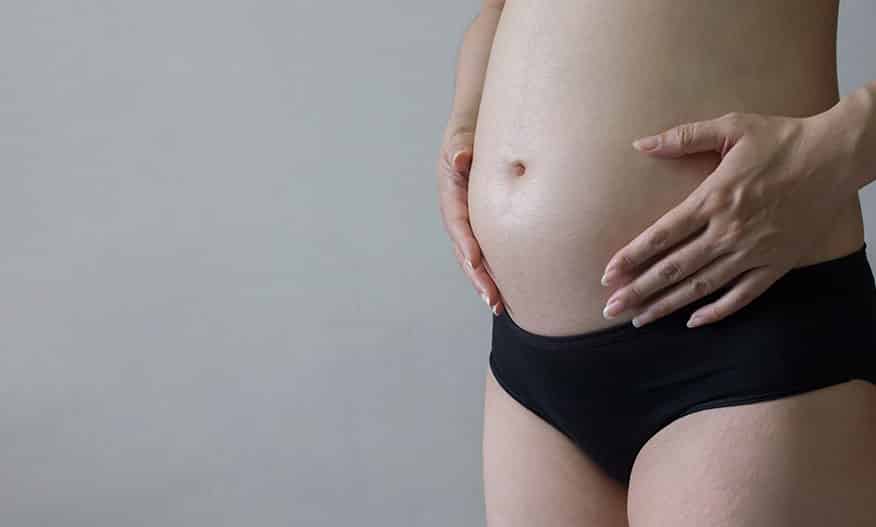First trimester of pregnancy: common symptoms and complaints

Expecting a baby? Congratulations! Seeing that positive test is some of the best news you can have. Are you experiencing any problems you weren’t expecting? During the first trimester of pregnancy you may have different symptoms and complaints. You need to prepare for this and be aware of what’s to come. As always, it will be a great help if you’re armed with information.
Contenidos
Each pregnancy is unique
Our first tip: never forget that every woman and every pregnancy is a world unto itself! What happened to your friend may not have anything to do with what you’re going through. That’s why you should never compare! Keep an open mind and when in doubt about what’s normal and what’s not, talk to your doctor or midwife. They’ll be your travelling companions on this adventure you’ve embarked on.
When the hormones start to kick in, you may experience some physical symptoms that are common at this stage. But… if you don’t get them, don’t think that something’s wrong, just feel lucky.
Here are some of the things you might feel and the reasons
- Nausea and/or vomiting. This is one of the most feared symptoms, although not all expectant mums experience it. It’s caused by the increase in hormones produced by the placenta. Also, our sense of smell is heightened and everything affects us. Some women even lose weight, but don’t worry! Your baby will get everything it needs from your body. In most cases the symptoms will subside towards the end of the first trimester.
- Tiredness. Your body will feel heavy and you’ll need to sleep much more. Growing the placenta, new organs, etc. takes extra work. It’s no wonder you’re feeling tired! Listen to your body, don’t ask too much of it and sleep as much as you can during these first few weeks. You’ll be surprised how you bounce back during the second trimester.
- Swelling. The weighing scales might have stayed the same, but you may have trouble zipping up your trousers. Your uterus quickly starts to make room for your growing baby. If your clothes are feeling tight, it’s time to go shopping.
- Constant need to pee. Your uterus has begun to grow and is pressing on your bladder, so that’s why it always feels full. In a few weeks, when your uterus is a bit higher, this feeling will pass.
- Light-headedness. This happens because pregnancy increases our blood circulation, which can lead to a drop in blood pressure. Avoid sudden movements, drink plenty of fluids and don’t go too long without eating.
- Stuffy nose or rhinitis. Your hormones are causing trouble again and, together with the dilation of your blood vessels, this will make you feel as if you’ve got a blocked nose and constant mucus. See your doctor if it lasts for too long or if you feel very uncomfortable.
- Painful breasts. You’re super sensitive to the slightest touch, right? It’s truly uncomfortable, especially when the slight increase in volume makes wearing underwear a nightmare. Look for seamless underwear that’s not too tight.
In a few weeks all these symptoms and emotional ups and downs will subside. Just wait till the second trimester, a great point in your pregnancy.
Publicado el 01 Jun, 2018
